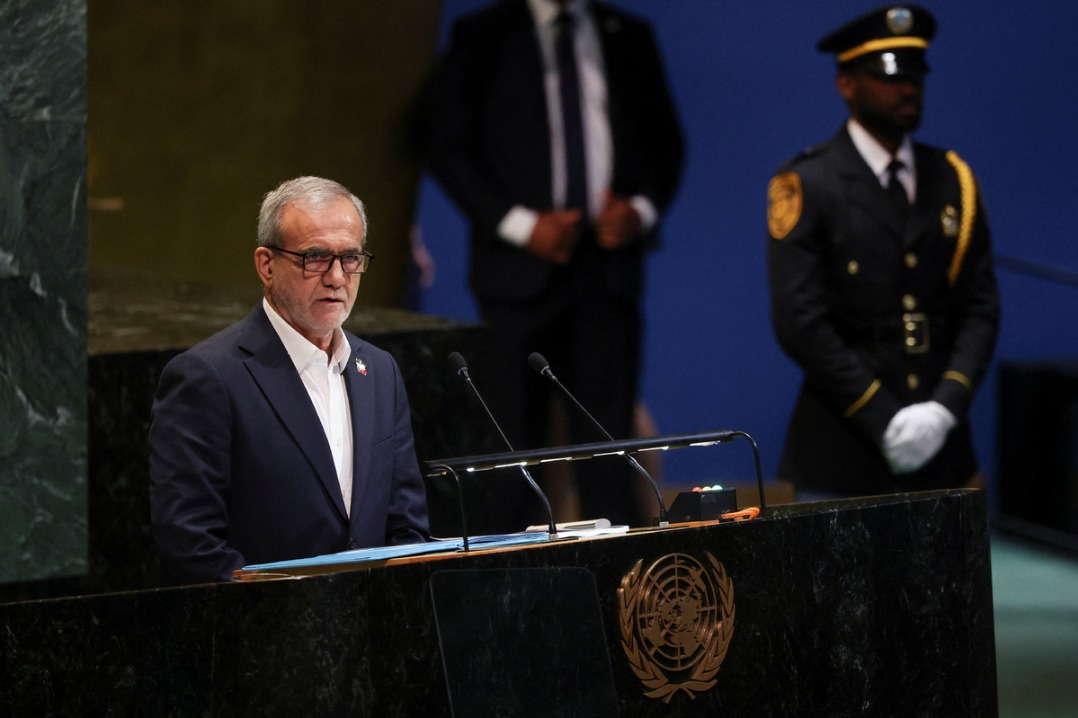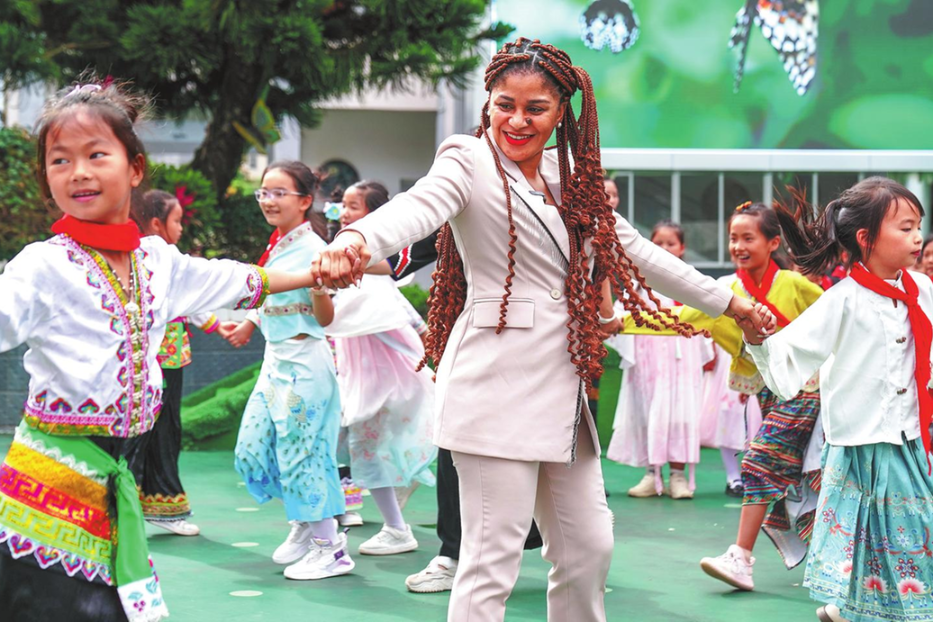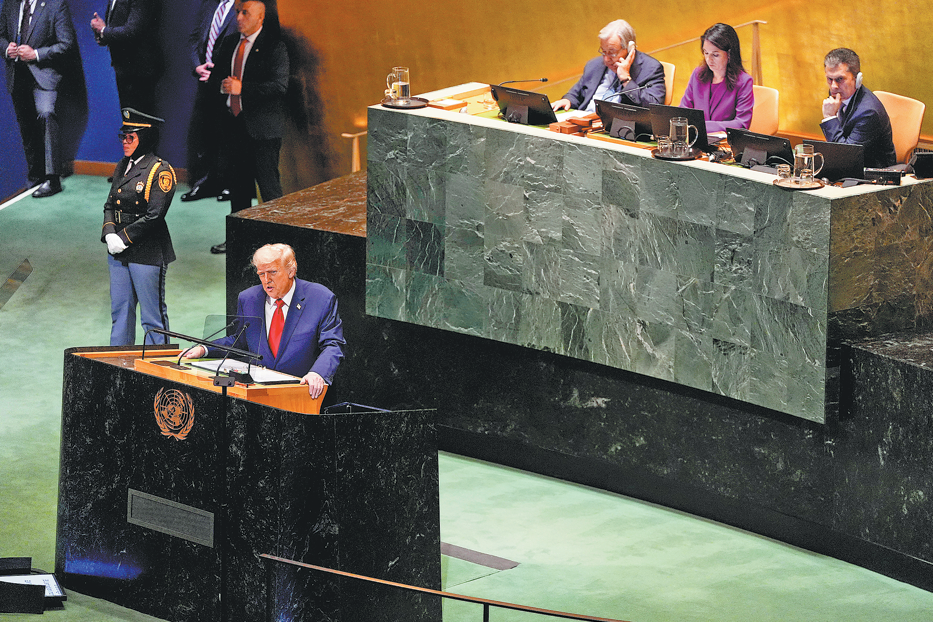Angola strengthens Ebola prevention efforts along DRC border

Following the declaration of an Ebola virus outbreak in the Democratic Republic of Congo (DRC), Angola is intensifying disease surveillance, prevention and preparedness measures, particularly in Lunda Norte Province, which borders the DR Congo.
Eusebio Manuel, head of the Department of Hygiene and Epidemiological Surveillance at Angola's Ministry of Health, said the ministry's priority is to ensure early detection, appropriate case management, and protection of both the communities and frontline health workers.
"We are firmly committed to strengthening Angola's preparedness against Ebola," he said.
A multidisciplinary team of experts from the National Directorate of Public Health, the National Institute for Health Research, World Health Organization (WHO), and United Nations Children's Fund has already visited the Tchissanda, Fortuna and Nachire border crossings in Lunda Norte to assess and support local health authorities.
In addition to strengthening border screening, authorities are raising awareness among communities about Ebola symptoms, the importance of early reporting of suspected cases and measures to stay safe.
The team has also provided training on key areas such as the Ebola virus disease identification, infection prevention and control, active case finding, diseases surveillance in communities and at points of entry, sample collection and transportation, as well as risk communication - including strategies to counter misinformation.
A total of 140 officials - including health professionals, community mobilizers, police officers and border authorities – have participated in the training sessions.
More than 150 traditional and religious leaders, midwives, hunters and traditional healers from five municipalities of Luanda Norte have also been engaged in preparedness activities aimed at building community trust and aligning local response with municipal outbreak preparedness and action plans to ensure a coordinated and effective response.
"Preparing now means saving lives later. Every trained official and every informed community increases Angola's capacity to respond effectively if the virus crosses the border," said Noemia Silva, WHO surveillance and immunization officer in Lunda Norte province.
Meanwhile, since the Ebola outbreak was declared in DR Congo earlier this month, 47 suspected and confirmed cases have been reported, 14 of which are children. Twenty-five people have died so far - 12 of them children, according to the UNICEF.
The current hotspot is Bulape, with the neighboring areas of Mweka and Mushenge also at risk. More than 1,048 contacts have been identified and are being monitored.
UNICEF said DR Congo remains one of the world's most fragile regions, with a weak health system, limited access to safe drinking water, shortages of medicines and poor sanitation, leaving families extremely vulnerable.
"Outbreaks like this also remind us how important global preparedness is, as well as the immediate response," said John Agbor, UNICEF representative in DR Congo. "Global solidarity and investment in strong public services and emergency systems will help protect children not just today, but from the next crisis as well."
On Wednesday, UNICEF announced that nearly 45,000 doses of the Ebola vaccine are being shipped to Kasai Province as the agency, together with the government and partners, intensifies efforts to protect children and families from the latest outbreak.
































